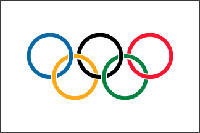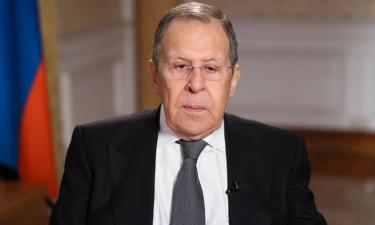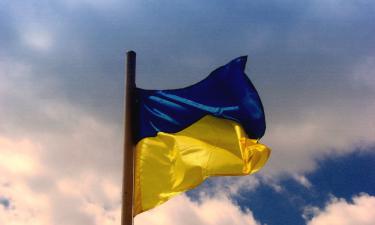New EU treaty gives sporting federations more autonomy
The IOC called the European Union treaty approval a "historic move". It is supposed to give sporting federations more independency.

IOC president Jacques Rogge and the federations were concerned that sports would increasingly fall under the free-market principles within the 27-nation bloc unless it received an exemption.
"This is definitely an important moment and we are grateful," Rogge said.
At a two-day summit in Lisbon, Portugal, the 27 government leaders agreed Friday on a "reform treaty" that recognizes the "specific nature of sport," a byword for greater autonomy and possibly exemption from some economic competition rules.
Rogge feared that the financial pyramid structure of sports, where money trickles from the top down, could be undermined by wealthy clubs setting up breakaway leagues based only on profit. Those clubs would have felt shielded within the EU if there was no sporting exemption.
"The reference to the specificity of sport will strengthen the role of sport in Europe. Sport cannot be approached only as an economic activity," said Rogge, who was even afraid that anti-doping rules would be determined by EU courts.
With its special status, the sports movement can now redistribute revenues and impose specific measures to combat doping, bribery and corruption. Sporting organizations fear that any solidarity between rich and poor clubs would disappear if only a free-market economic basis applies.
"The Olympic movement has fought for a legal basis for sport in the EU for more than 12 years," Rogge said.
Outside the IOC, the debate on more autonomy has specifically raged within soccer, where there is fears of a widening gap between the grass roots and the richest clubs.
UEFA and the G-14 group of Europe's most powerful clubs wrote to the EU leaders to state their respective cases.
The G-14 group _ whose 18 members include Real Madrid, Manchester United, Bayern Munich and AC Milan _ called on EU governments to ignore last month's letter from UEFA, in which president Michel Platini called for soccer to be rescued from "the malign and ever-present influence of money."
The G-14 group backed the current legal system that effectively makes sports answerable to general principles of national and European law, arguing that any exemption for sporting federations would set a dangerous precedent.
Soccer authorities and the EU have been at odds since the 1995 Bosman ruling at the EU's highest court, which forced free movement of players across the leagues.
Subscribe to Pravda.Ru Telegram channel, Facebook, RSS!





